The Future Food Systems research team is drawn from six leading Australia research and teaching universities, three state and territory government R&D bodies and The George Institute for Global Health. Covering all skillsets relevant to the food value chain, the consortium brings integrated capability and a world-class network of laboratories to Australia’s future food industry.
A primary aim in forming the consortium was to accelerate uptake of advanced STEM technologies across the sector. Many CRC projects bring together specialists from fields not typically associated with the food industry, such as AI and computing, digital analytics, medicine, energy and urban planning. This creates exciting opportunities for cross-fertilisation and will help build the skilled future workforce our agrifood sector needs to be globally competitive.
Also important was ensuring a wide geographic and cultural range. Future Food Systems has a research presence in key future food regions in Western, Eastern and Northern Australia as well as in urban and regional communities and client bases.
The involvement of government research bodies in Western Australia, New South Wales and the Northern Territory, and of international research group the George Institute, adds critical expertise across regulatory, market development and policy fields.


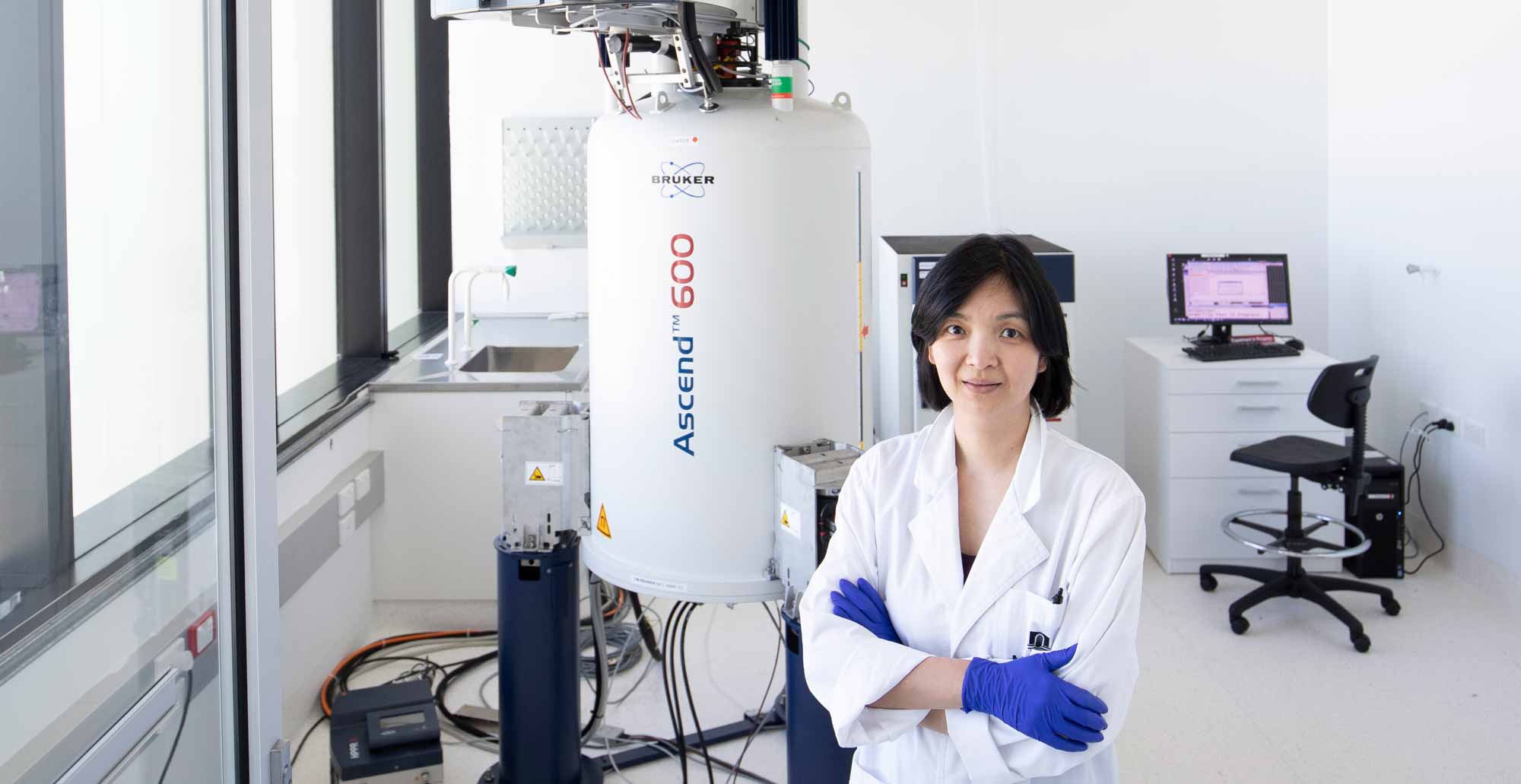
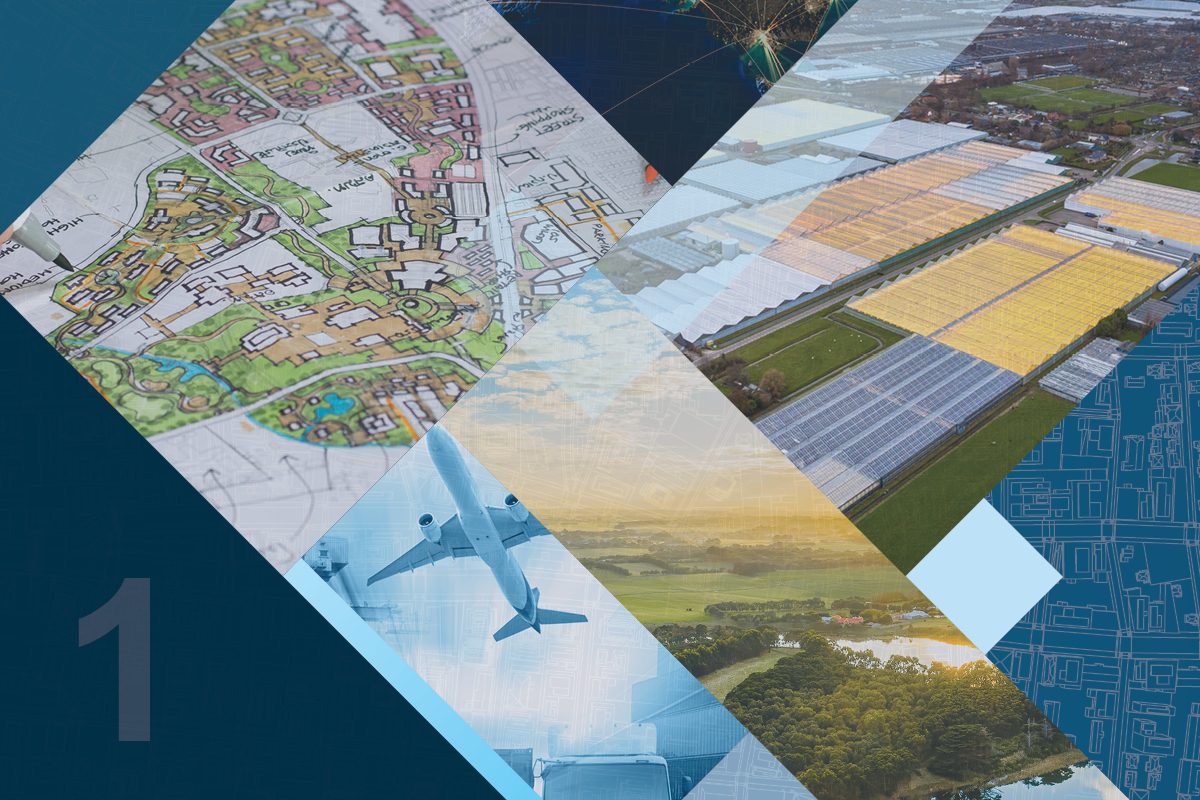
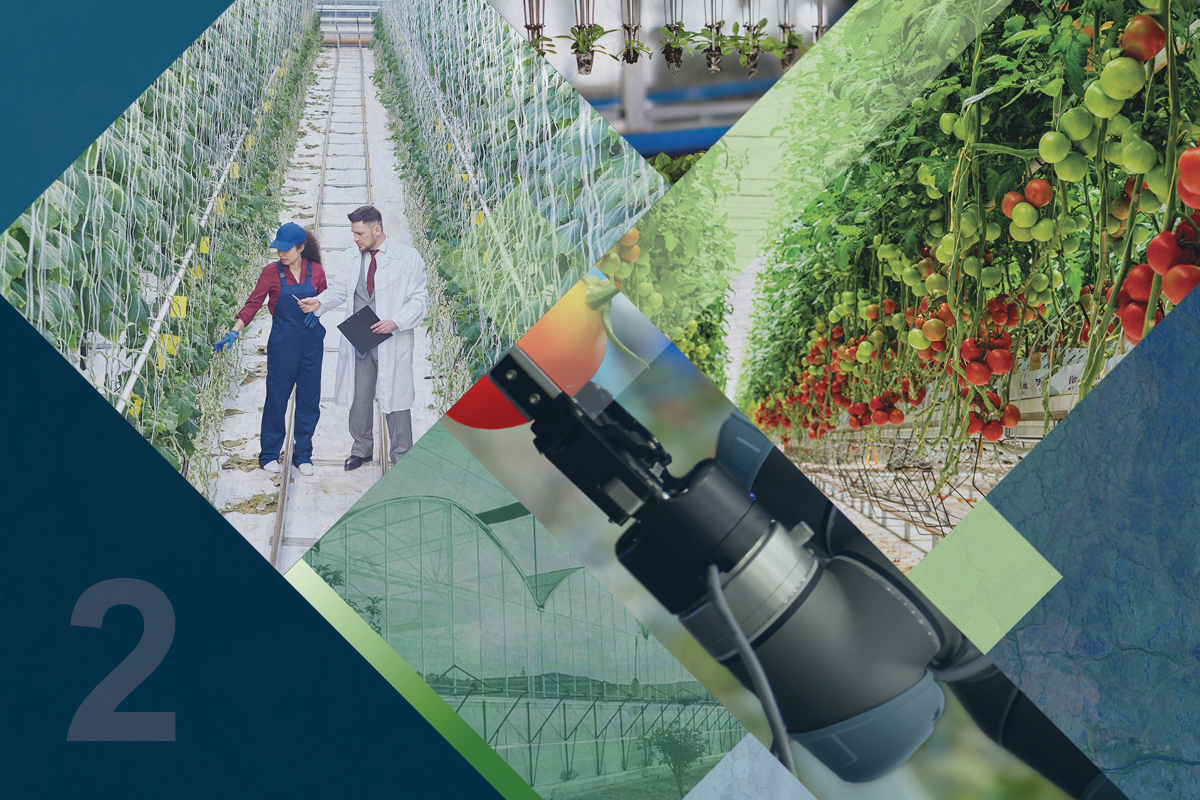

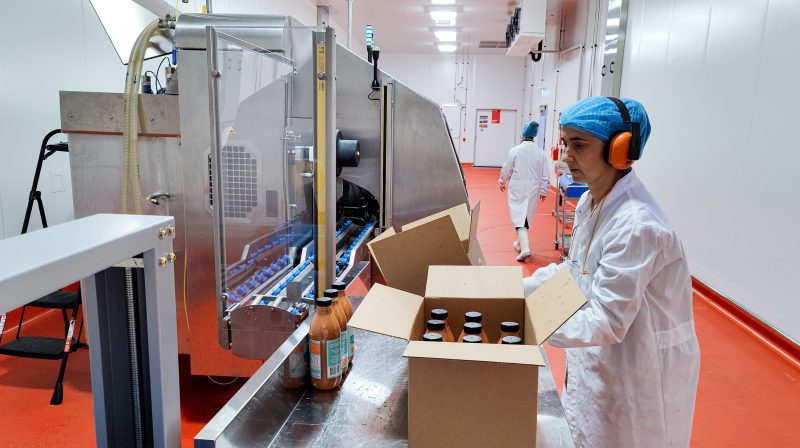
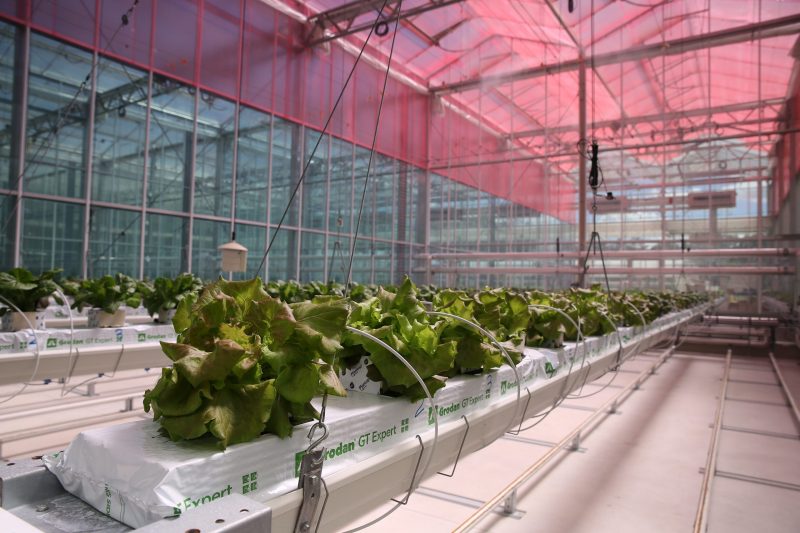
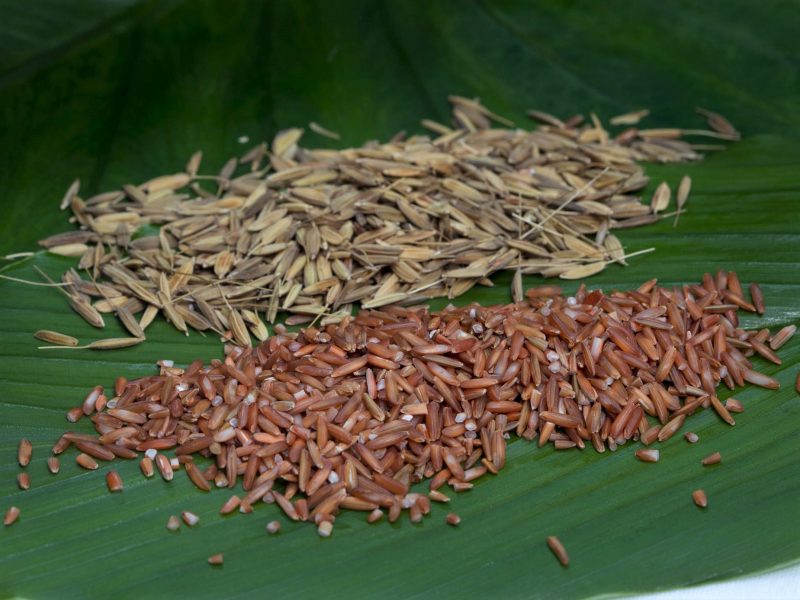



 University of New South Wales (UNSW)
University of New South Wales (UNSW) 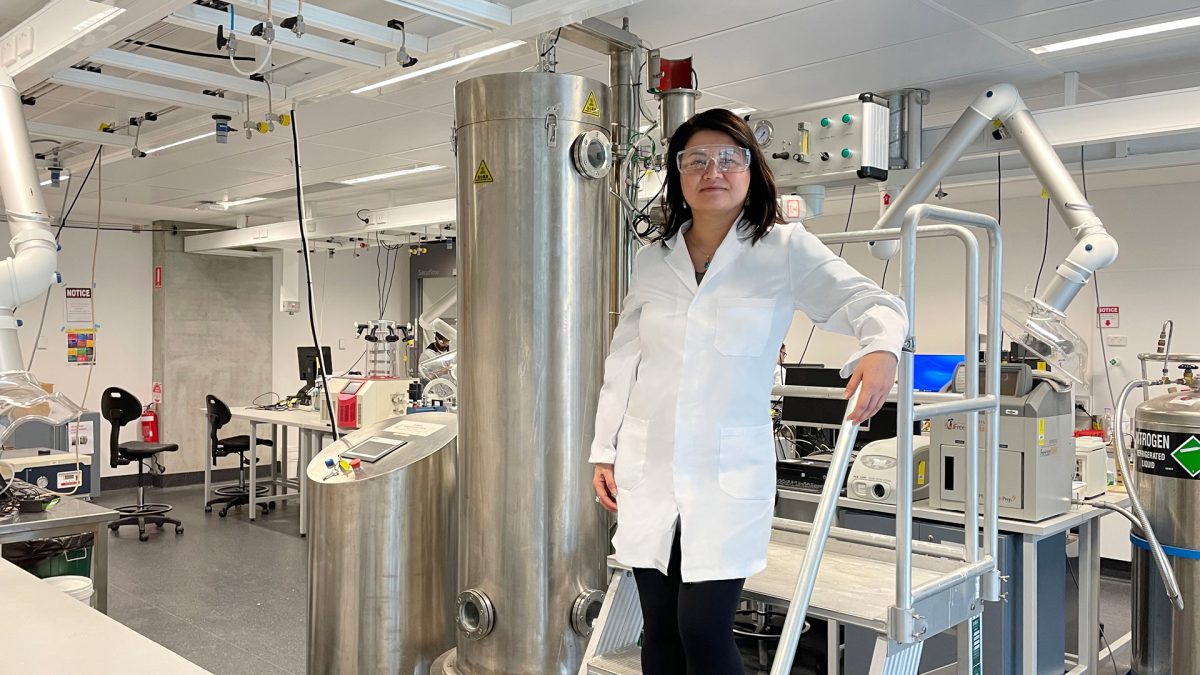
 Queensland University of Technology (QUT)
Queensland University of Technology (QUT) 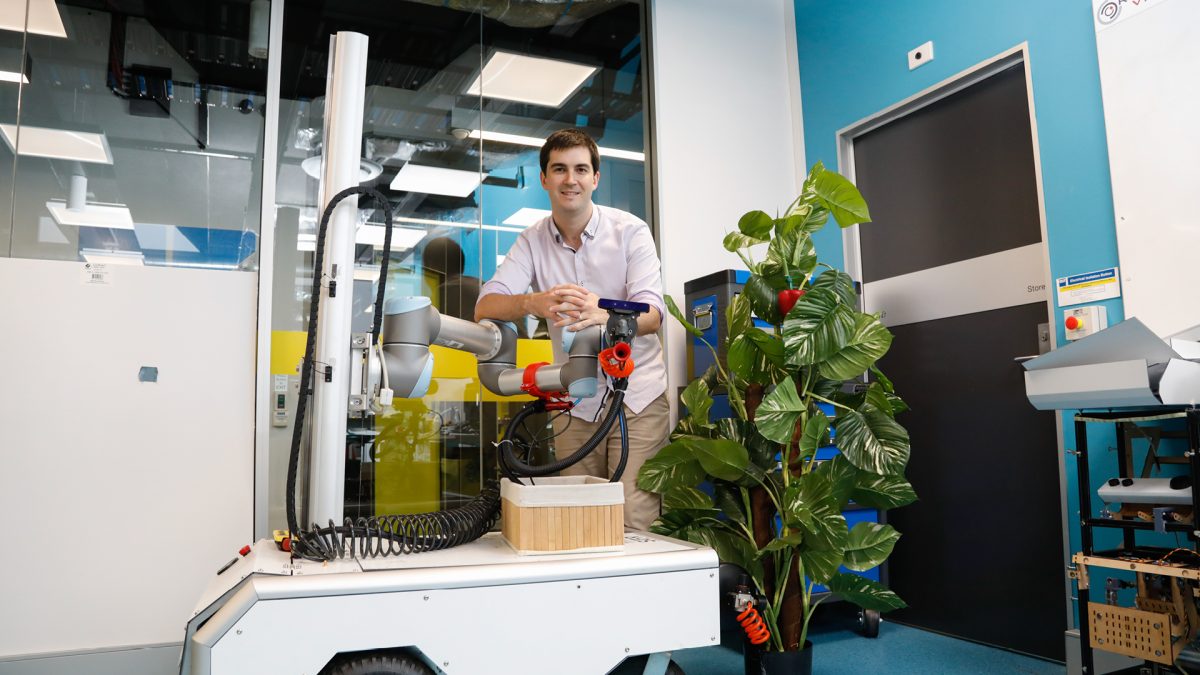
 Murdoch University
Murdoch University 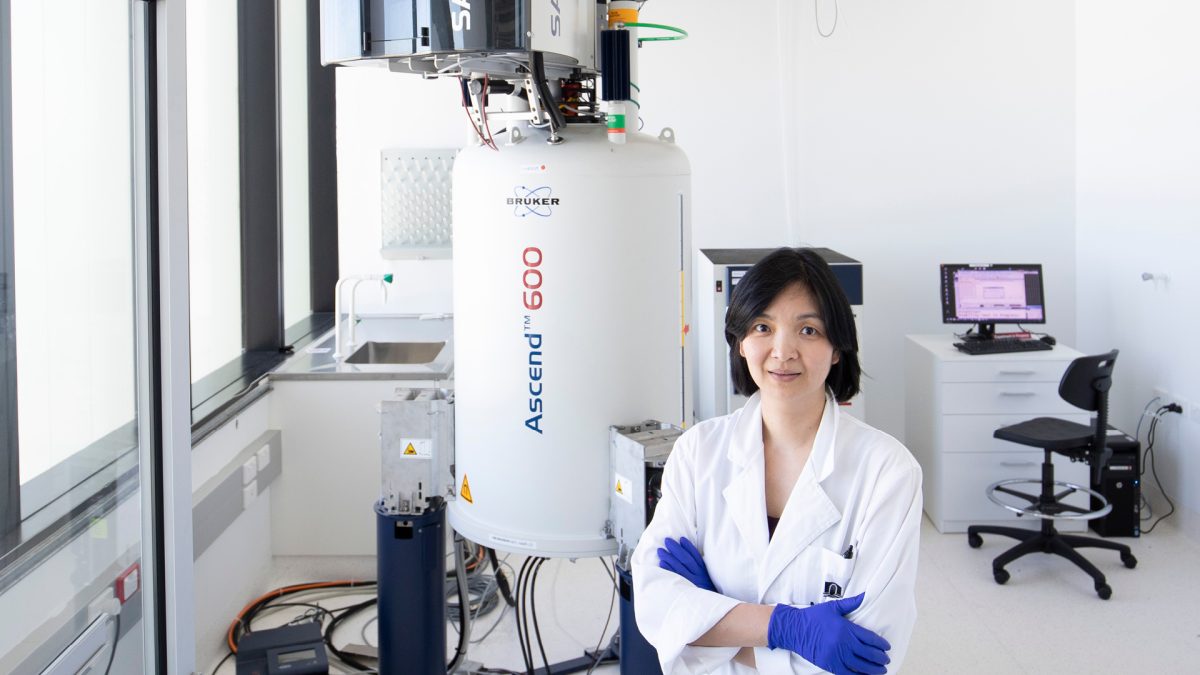
 Western Sydney University (WSU)
Western Sydney University (WSU) 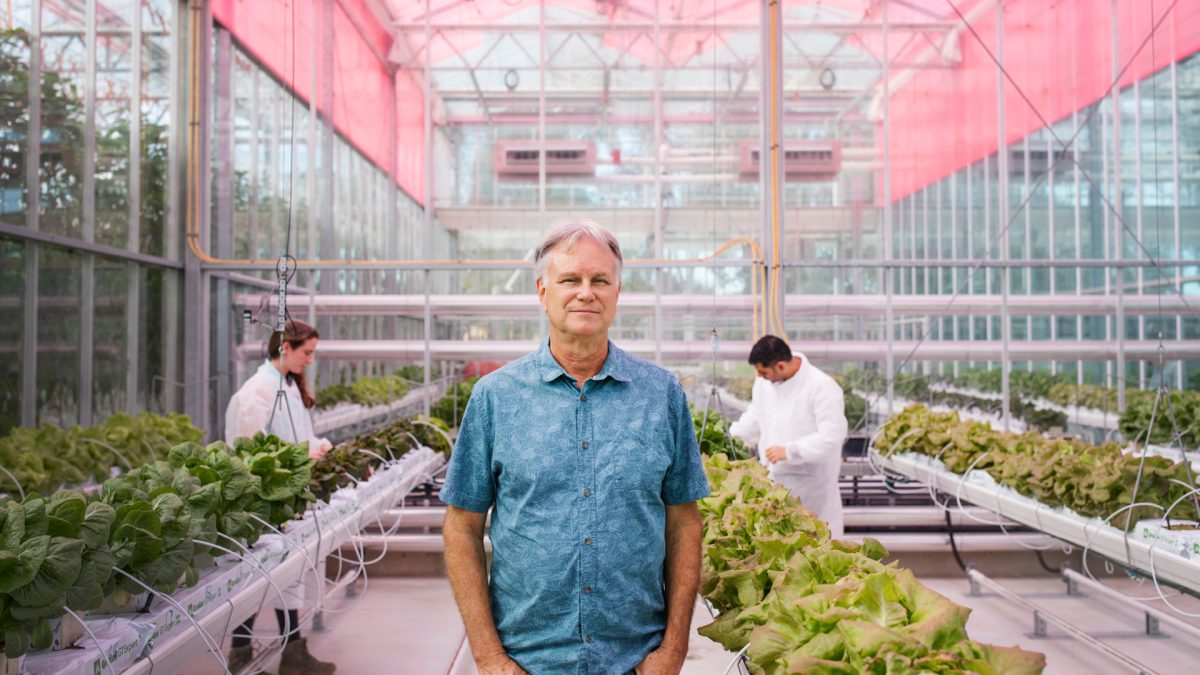
 University of New England (UNE)
University of New England (UNE) 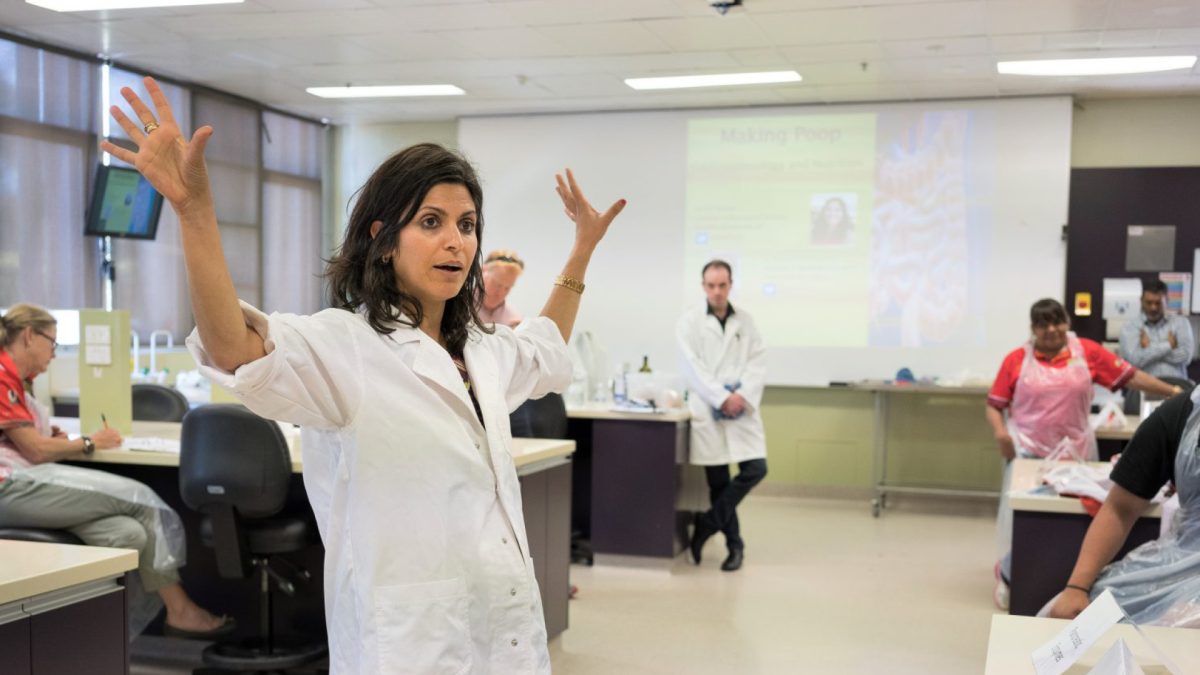
 Charles Darwin University (CDU)
Charles Darwin University (CDU) 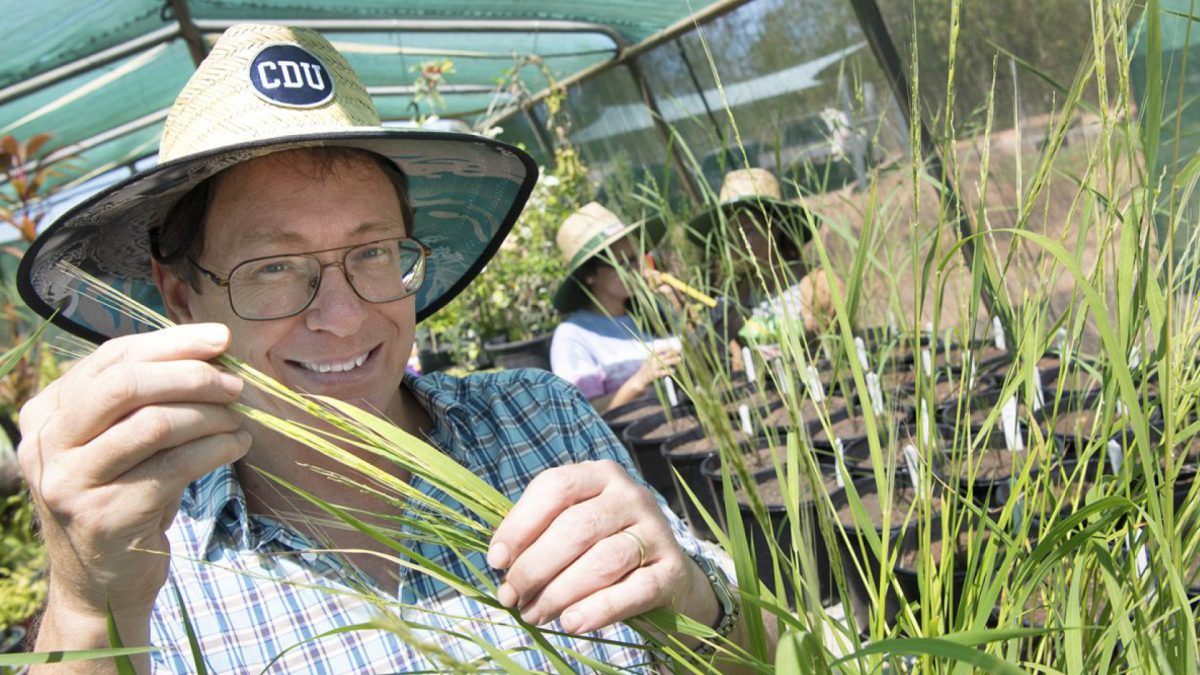
 NSW Department of Primary Industries (NSW DPI)
NSW Department of Primary Industries (NSW DPI) 
 WA Department of Primary Industries & Regional Development (DPIRD)
WA Department of Primary Industries & Regional Development (DPIRD)  NT Department of Industry, Tourism and Trade (DITT)
NT Department of Industry, Tourism and Trade (DITT)  The George Institute for Global Health
The George Institute for Global Health 